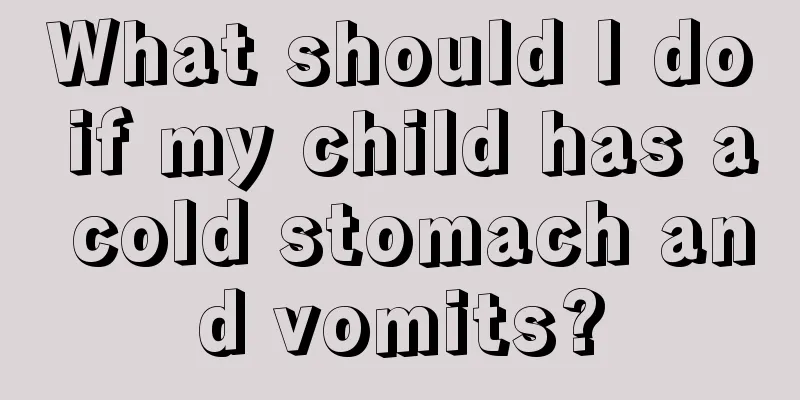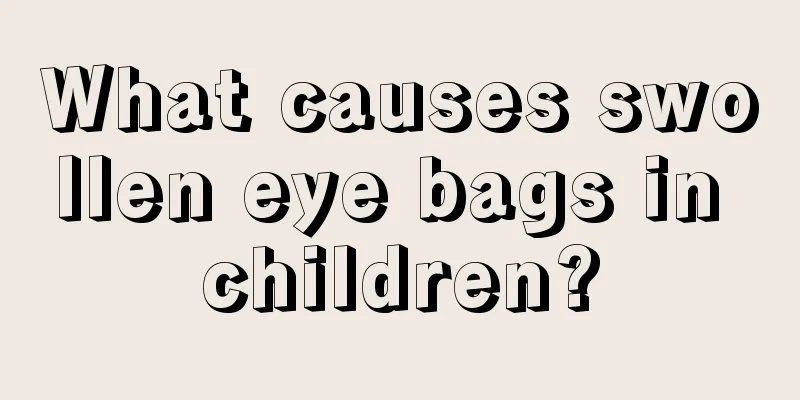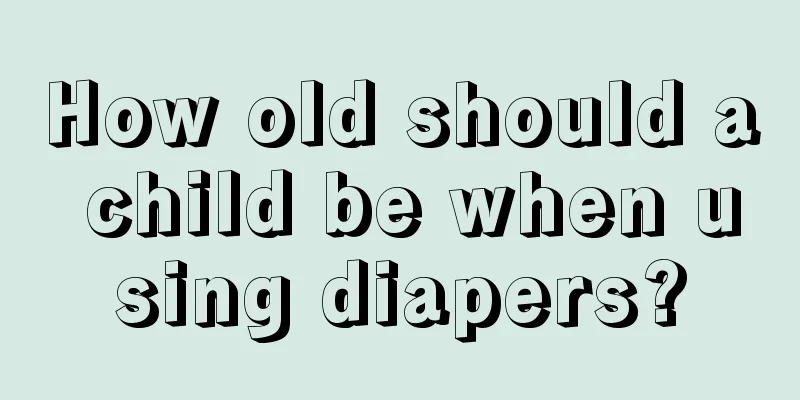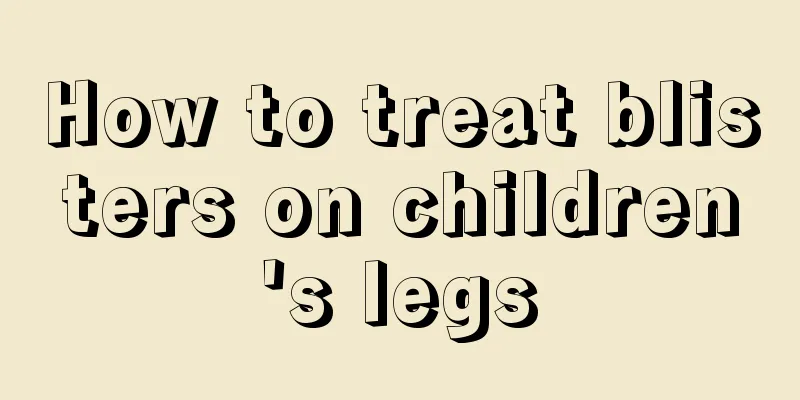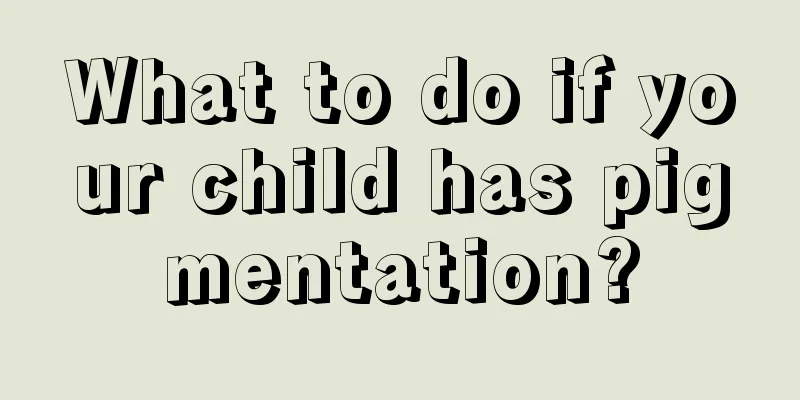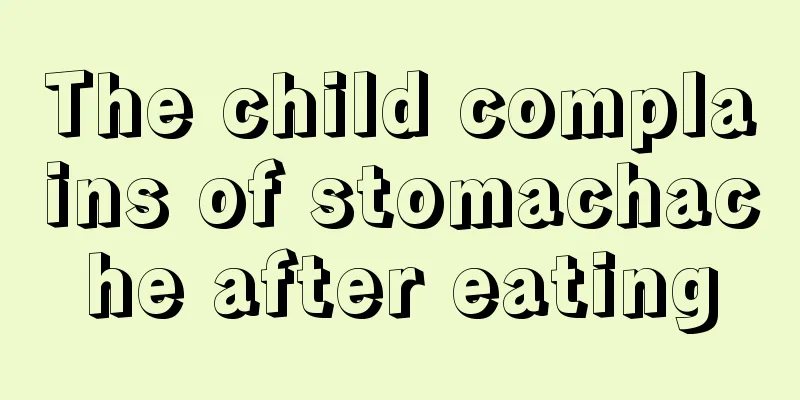Baby's breathing has phlegm sound in the nose
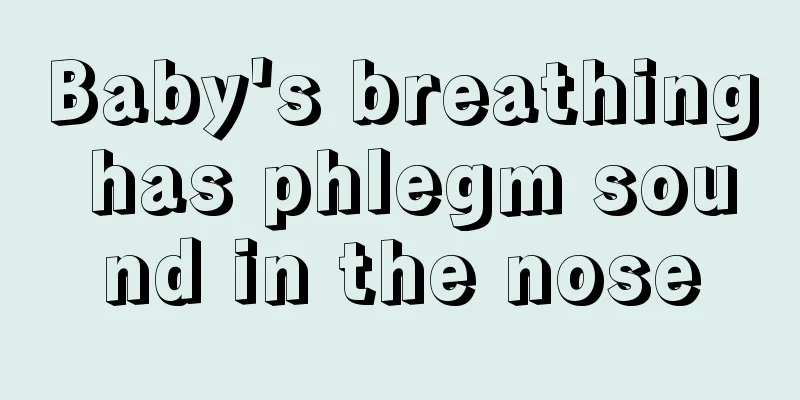
|
When the baby breathes, there is phlegm in the nose, which is often related to some upper respiratory tract infections. At this time, there will often be a puffing sound, and it feels like there is something in the breath. Babies born in autumn are more likely to have this situation. At this time, parents should treat it as a disease and go to the hospital for examination in time to see the specific situation and avoid affecting their health. Let's take a look at this aspect below. Baby's breathing has phlegm sound in the nose Indeed! For adults, even a small foreign body in the nose is very uncomfortable, not to mention that babies make puffing sounds when breathing, which is even more uncomfortable. As a new mother, I am particularly worried. Why does this happen to babies? How can we help babies! 1. Reasons for baby's nasal puffing 1. Amniotic fluid and blood coagulate in the nasal cavity at birth The nasal cavity of a newborn baby is very small, and the lung capacity is weak. The villi in the nasal cavity are thin and have little defense ability. When the baby is born, it is very likely that the amniotic fluid and blood will coagulate in the nasal cavity. The baby's breathing is still weak and it is impossible to expel these coagulations. The only way is to wait for a long time for the baby's breathing ability to strengthen, the temperature of the nasal cavity to soften the coagulation, or the nostrils to grow larger and there will be no sound! 2. Foreign matter enters the nasal cavity After birth, the baby is easily blocked by the air, foreign dust from the outside world, secretions in the nasal cavity, or cold air stimulation, and crying, which can cause poor ventilation and make a puffing sound. Especially in autumn when the air is dry and the dust layer is large, the baby's nasal cavity is more likely to be blocked! 3. The baby has a cold Newborn babies have very weak antibodies and can only rely on their mothers to feed them breast milk and formula to improve their immunity. The weather in autumn is not good. It is not only dry but also has a large temperature difference between morning and evening. Babies are very likely to catch a cold after they are born. At this time, a cold is a self-regulation stage. Babies will have runny noses to a large extent, and there will be a puffing sound when they breathe! Second, how to help the baby deal with it? 1. Rub your hands together to warm them up and pinch your baby’s nose If the baby has difficulty breathing, parents can rub their index fingers and thumbs to warm them up, then pinch both sides of the nose to help the baby's blood flow smoothly and help breathing. In addition, massaging the area between the eyebrows can dredge the meridians, help the baby detoxify, and ventilate! 2. Massage your baby Mothers should massage their babies more often, which can improve their lung capacity and resistance. Strong resistance means less prone to illness, and good lung capacity can expel foreign matter from the nasal cavity! 3. Use a hot towel to apply to the nose Whether the baby has a cold or a foreign body in the nose, using a hot towel is a very good way to help the baby do a hot compress in the nasal cavity, so that the baby can inhale a certain amount of water to help the nasal secretions be discharged. In addition, if the baby has a cold and the nose is blocked, hot compress can dredge the nostrils! |
<<: Why does my child always have nosebleeds?
>>: Baby's breathing has phlegm sound in the nose
Recommend
Can children eat bayberry?
In order to have a balanced nutrition for childre...
Is it dangerous for children to bend over?
In many dances, bending down is a very important ...
What snacks should a one and a half year old baby eat?
Babies of one and a half years old can already ea...
How to effectively treat constipation in children?
Constipation in children is the most troublesome ...
What to do if your one month old baby doesn't sleep
Various problems of newborns will make their pare...
How to use alcohol to cool a child's fever
Children's physical health is an issue that m...
What does diarrhea look like in babies?
Diarrhea is a common condition in babies. If the ...
Is it good to give your baby a bath in the morning?
Many children are born to love water. This is clo...
Can children eat Polygonum multiflorum?
In daily life, we can always see various Chinese ...
Why does a child walk with his feet turned outward?
Compared with children who walk with their feet t...
What are the recipes for children to strengthen their spleen and stomach?
The baby at home always has a poor appetite, and ...
What are the symptoms of low platelets in children?
Children's physical development is very fast....
Is hand, foot and mouth disease serious?
Hand, foot and mouth disease is a common and freq...
Symptoms of ADHD in a three-year-old baby
For three-year-old babies, this is the time when ...
What should I do if my child has high platelet count?
Platelets are more harmful to adults, let alone c...
